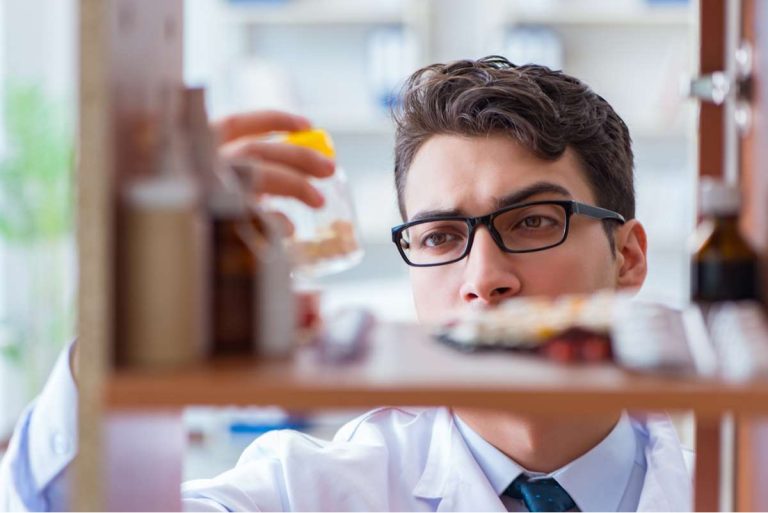It is not uncommon for individuals who have a history of substance abuse to not take care of their physical health. For example, heavy alcohol use can affect the liver, heart, brain, and pancreas in a variety of consequential ways. Alcohol use also compromises the immune system and can be a contributing factor of various types of cancer. Poor nutrition in recovery can serve to exacerbate pre-existing health concerns. An uncontrolled sugar habit not only potentially derails your sobriety efforts but can also lead to health issues like weight gain, diabetes, and heart disease.
Common Questions on Sugar and Alcoholism
The answer lies in the connection between sugar addiction and alcoholism, and the role of dopamine deficiency in cravings. Understanding the physiological factors at play can help recovering alcoholics navigate their sugar cravings more effectively. By adopting strategies to stabilize blood https://shopping-ideas.net/page/2/ sugar levels and promote neurotransmitter balance, individuals can manage cravings and support their overall recovery journey. It’s important to work with healthcare professionals and nutritionists to develop personalized plans that address individual needs and promote long-term well-being.
- When their balance is disrupted, it can further contribute to the development of sugar cravings as the brain seeks to restore equilibrium.
- Try drinking them out of your favorite cocktail glass for a more similar experience.
- That said, permanently changing your relationship with alcohol may require a more in-depth approach.
- This can help replenish the depleted nutrients and reduce the intensity of sugar cravings.
How Alcohol Addiction Functions
- As seen in the table, alcoholic beverages such as beer and white wine have significantly higher glycemic indexes compared to spirits like vodka.
- Understanding these connections can provide valuable insights into the dietary struggles faced by alcoholics and help guide effective strategies for managing sugar cravings in recovery.
- As PubMed finds, sugar consumption releases dopamine in the brain, activating its reward system.
- Czerwony also notes that there are anti-obesity medications on the market that help decrease appetite and cravings for sweets.
- Understanding why alcoholics crave sugar and implementing strategies to manage these cravings can be a significant step towards successful recovery.
- Take my old belief that “anything liquid won’t make me gain weight” as an example.
Seeking assistance from healthcare professionals, support groups, therapists, or counselors can provide valuable guidance and help individuals navigate their recovery journey. Breaking the cycle of alcoholism and sugar cravings is a journey that requires patience, perseverance, and support. http://shalala.ru/Green_River/bio/ By seeking assistance and exploring healthier alternatives, individuals can pave the way towards a balanced and fulfilling life. To compensate for the diminished pleasure derived from alcohol, individuals with alcoholism may seek alternative ways to stimulate their dopamine receptors.
- Discover the disease concept of addiction, its implications on treatment, and criticisms it faces.
- Put simply, sugar activates the reward and pleasure centers of our brains the same way addictive substances do.
- Cravings are just another side effect of the battle with addictive substances like alcohol.
- Understanding the potential consequences of excessive sugar intake and learning strategies to manage these cravings are essential for a successful recovery.
- Finding healthy outlets for stress, such as exercise, meditation, or engaging in hobbies, can help reduce the emotional and physiological responses that contribute to cravings.
Using Sweets in Alcohol Craving Management

Explore spiritual recovery’s role in addiction healing, its benefits, challenges, and practical practices. Explore the stages of recovery journey, from recognizing https://mostiks.ru/unikalnoe-omolozhenie-litsa-v-domashni/ the problem to maintaining sobriety and beyond. Explore promising techniques for treating opioid dependence, from medications to mindfulness.

Sip on a nonalcoholic, healthy beverage.

